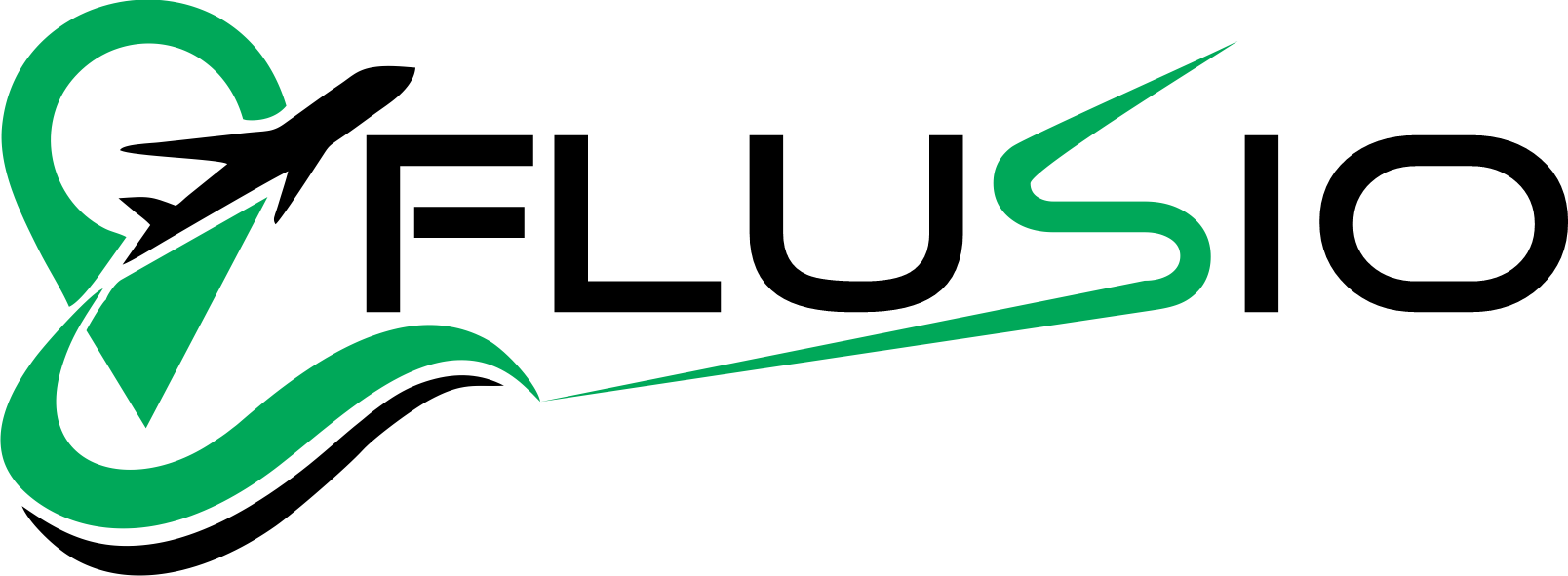-
Destinations
Road Trip Chronicles: The Most Scenic Routes to Explore in Nigeria
Nigeria’s vast lands and diversity of tribes, cultures, and environmental conditions offer a wealth of opportunities for sightseeing across its…
Read More » -
Hotels
Are Hotels Open 24/7?
Hotels provide accommodation for millions of travelers across the globe, making it one of the main parts of the hospitality…
Read More » -
Flight
The 5 Airlines That Offer Cheap Flights From Lagos to Owerri
Lagos State is the business hub of Nigeria and is known to be one of the world’s fastest-growing cities. One…
Read More » -
Real Estate
Are Google Real Estate Leads Legit?
Real estate agents and realtors in the United States are regularly seeking leads to be successful. Constant sales in the…
Read More » -
Real Estate
What Are Entitlements In Real Estate?
In the world of real estate, entitlements serve as a compass that guides real estate developers’ activities through governmental regulations…
Read More » -
Real Estate
Where Can I Hang My Real Estate License For Free?
In the real estate industry, the hanging of a license comes with some complexity. This action symbolizes a beautiful form…
Read More » -
Real Estate
How to Wholesale Commercial Real Estate
Wholesale commercial real estate is a lucrative business model in the United States. Investors who engage in this business make…
Read More » -
Real Estate
Can Real Estate Commissions Be Paid to an LLC?
Real estate is one of the most lucrative industries in the world, especially when it comes to paying commissions. Understanding…
Read More » -
Hotels
Can You Order Pizza To a hotel?
Pizza remains one of the most nutritional foods in the world. That’s why it is craved by men for people…
Read More » -
Food
The 10 Best South African Dishes to Try When You Visit the Country
South Africa is a country that not only welcomes millions of tourists yearly but also provides them with several unique…
Read More » -
Beaches
Top 10 Best Beach Resorts in Lagos
After the hustles and bustles of your daily life, it is essential to let go of all the stress and…
Read More » -
Food
Top 15 Nigerian Street Foods to Try as a Tourist
Nigerian street food is really special. Perhaps it’s the way the natural setting takes us back to simpler times or…
Read More » -
Destinations
See the Top 10 Recreational Parks in Lagos You Can Visit
Lagos is blessed with many trendy places where you and your family can hang out. When it comes to social…
Read More » -
Food
The 10 Foods to Take Along While on a Journey
Long journeys can be an interesting adventure or just boring depending on your mood. It’s even worse when you are…
Read More » -
Cinema
The 10 Best Night Clubs in Ikeja
Lagos is known for its social life, especially in the state capital, Ikeja. While some Lagos big boys patronize new…
Read More » -
Destinations
Bored at Home? A Look at the 6 Amazing Tourist Sites To Visit on Christmas Day
One of my fondest childhood memories is when my family went out on Christmas Day for the first time. The…
Read More » -
Beaches
The Top 10 Best Beaches in Nigeria
Beaches, wherever they are located, are quite popular attractions for tourists as they often radiate nature’s beauty and glory. Nigeria…
Read More » -
Restaurants
10 Refreshing Spots to Visit in Port Harcourt
Port Harcourt is a beautiful and busy city in Nigeria. This city is graced with several refreshing spots that never…
Read More » -
Destinations
How Much Is the Bus Fare From Lagos to Abuja?
Lagos to Abuja by bus is one of the common routes used by people to travel to the capital city.…
Read More » -
Flight
Why Are Flight Fares From Lagos to South East Expensive? We Take a Look at the 6 Factors Involved
The festive season is here again, and many people are traveling back to their towns to spend time with their…
Read More »




















